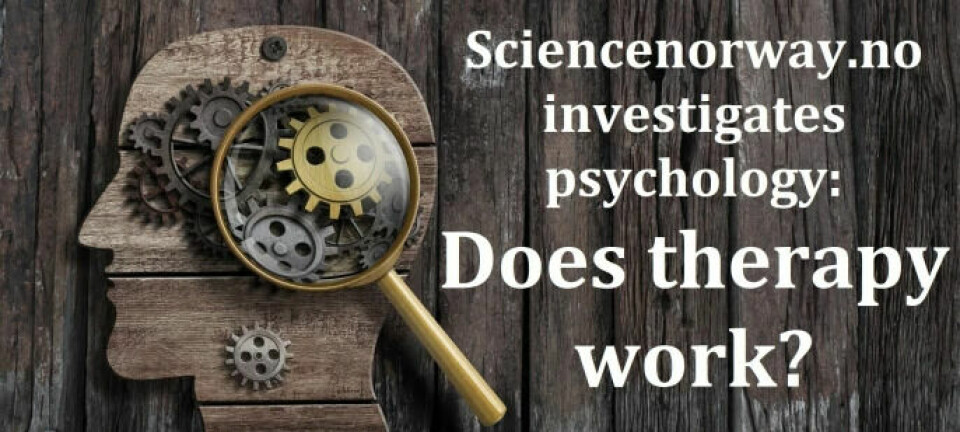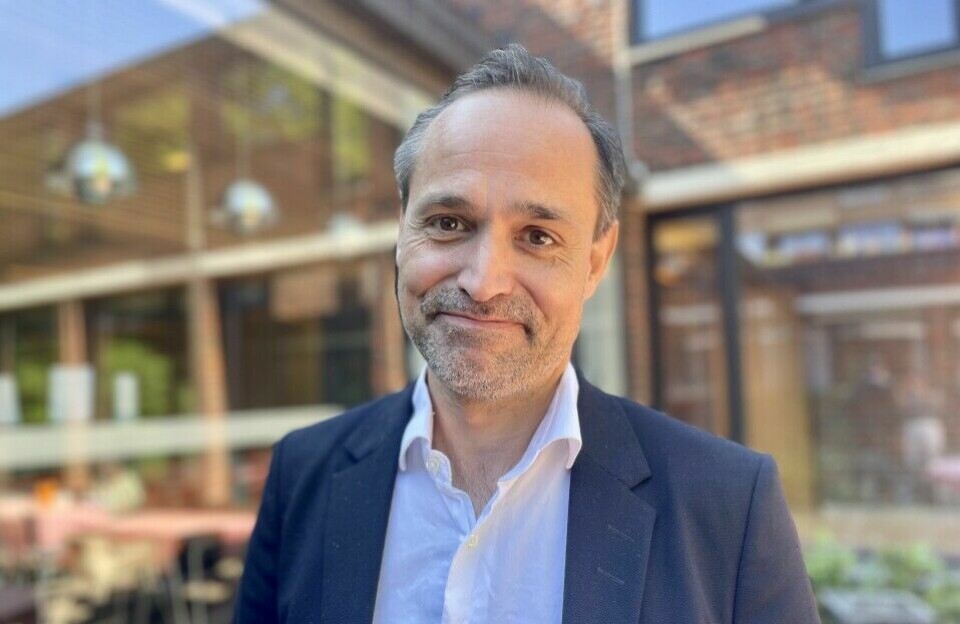
“I've wasted enough time going to therapy”
The meeting with multiple psychotherapists led Dag Wollebæk to delve into psychological research. What he found did not impress him and now he has given up all psychological treatment.
For a long time Dag Wollebæk wouldn’t tell others about the weak therapeutic effectiveness he found in his research on mental health therapies.
“I was afraid to take away hope from people who struggle with their mental health,” he says.
Wollebæk is a researcher at the Norwegian Institute for Social Research. But his contact with psychologists is not due to his profession. Wollebæk has had mental health problems for many years.
For a long time he believed that therapy would help him with his anxiety. But after trying various forms of treatment for many years and experiencing no improvement, he gave it up.
“Cognitive therapy, regular psychotherapy, intensive short-term dynamic psychotherapy and psychoanalysis – I’ve been through the whole menu of treatments.”
Responsibility lies with patient
For a long time Wollebæk thought the problem lay with him, that he had done something wrong or wasn't motivated enough.
He believes that is how mental health treatment tends to work.
“The responsibility lies with you as the patient. The treatment is assumed to be effective. And if it doesn't work, it's ‘your fault’ or you have ‘treatment resistance.’”
Through all his years in psychotherapy, Wollebæk has had countless theories served up about why he feels the way he does.
“They run the gamut,” he says.
Difficult to find answers
As a researcher, Wollebæk is very familiar with the scientific method, so he turned to the psychological research literature. He has looked for explanations of why and how talk therapy can help with mental health disorders.
What exactly are the mechanisms? And how effective is it really?
Finding answers has proved difficult. He was not convinced by what he found about the effects of psychological treatment.
“When I read meta-analyses where the methodologically weak studies were weeded out, I found that the effects of therapy were really small. I didn’t find that talk therapy has the empirical support it claims to have.”
Wollebæk began to think that maybe it wasn't him there was something wrong with, but that these techniques were the problem.
“That's when I decided that I’d wasted enough time going to therapy,” he says.
Conversations help
The research Wollebæk has read suggests that the most effective aspect of therapy is the therapeutic relationship.
Often improvement through treatment is therefore attributed to the quality of the relationship between therapist and patient.
“I think we have to take the implications of this treatment research seriously. Having an empathetic listener to talk to helps.”
Wollebæk believes these skills are not only developed through studying psychology, but have to do with human qualities.
He thinks that public resources for talk therapy should continue to be made available, but that the options should be expanded beyond psychologists.
“This is work that other conversation partners could also carry out. Preferably professionals, because not everyone has someone who can bear to listen to them. A lot of people find that they exhaust their loved ones by sharing their problems.
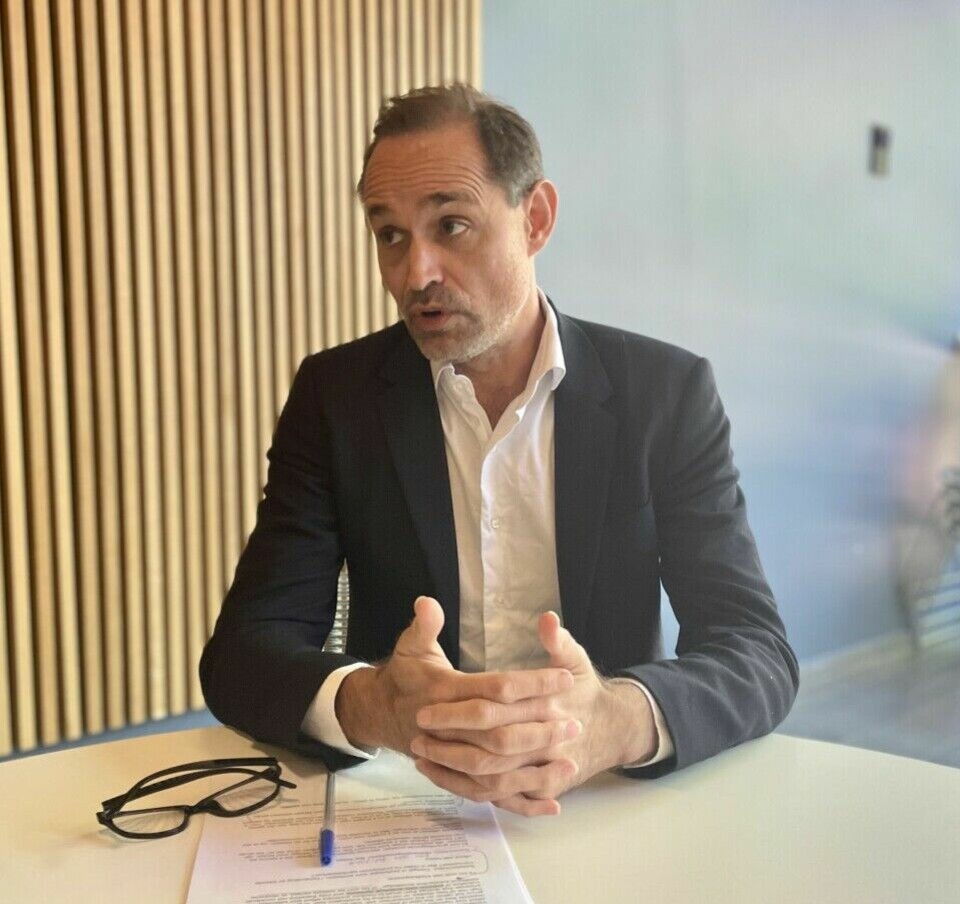
More professional groups should offer conversations
The waiting lists for talk therapy are long, and the expectations for treatment are sky high.
“Are the levels of therapy effectiveness really substantial enough to defend the way psychiatry is organized today? Would there be another way to achieve well-being for the entire population?” the social scientist asks.
“We need more occupational groups to offer conversation options for this relief to reach as many people as possible. These groups don’t need to have the long training that a psychologist does.”
Wollebæk has concluded that he has to live with his problems.
“I have to accept that life isn’t always easy. A lot of the problems I’ve had are about understandable reactions to life’s difficulties,” he says.
Not as simple as healthy or sick
“Not all diseases can be treated so that the patient becomes healthy and free of symptoms. We need to help people have a good quality of life, despite the fact that they have chronic conditions,” says Catharina Elisabeth Arfwedson Wang.
Wang is a professor of clinical psychology at UiT The Arctic University of Norway. She is concerned with the evolutionary perspective on mental health and symptoms of anxiety and depression that are an inherited evolutionary reaction when a person’s burdens become greater than their coping resources.
We often think of mental illness in terms of being either healthy or sick. If you get sick, you should be treated until you get better, Wang says.
“Many people live with chronic diseases such as diabetes and lung diseases. So why do we believe that mental illness is a matter of either being healthy or ill?” she asks.
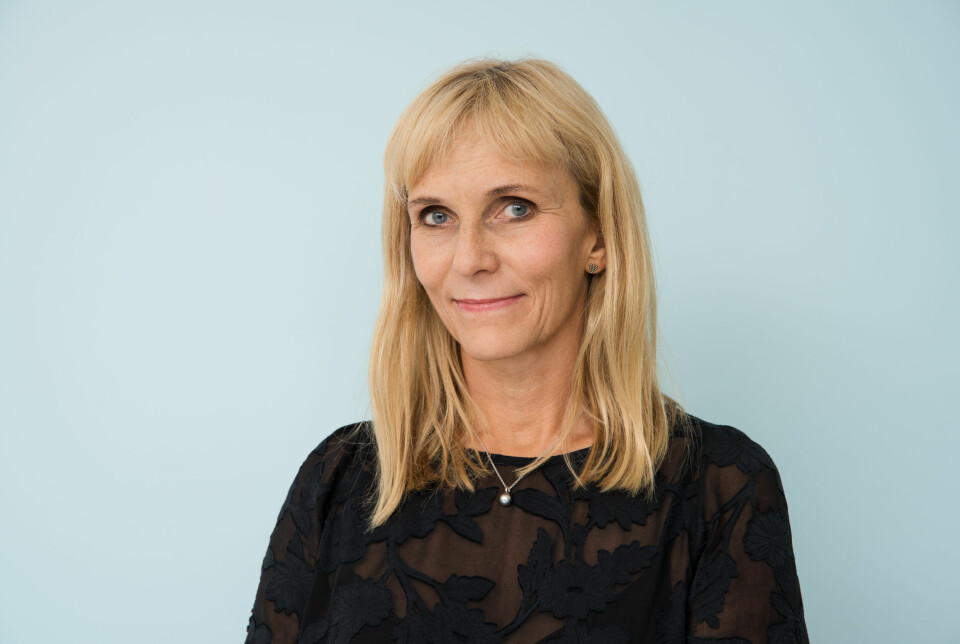
Call for rehabilitation centres
Norway has rehabilitation centres around the country for people with chronic and long-term somatic illnesses. People who struggle with their mental health have very few such resources, Wang says.
As things stand now, people can receive outpatient treatment, for example talk therapy, or if they are ill enough they are admitted on an inpatient basis through the specialist health service for a shorter or longer period.
“Due to the heavy workload in mental healthcare, the focus is mainly on reducing the symptom pressure. The aim is for people to get well enough to get out into the world again. The underlying issues that you should also be spending time working on aren’t addressed. This often results in revolving door patients,” says Wang.
“People who have mental health struggles have often had major, burdensome life experiences that have made them vulnerable to mental illness. A lifetime of experiences takes time to change.”
Wang is calling for more treatment resources like Modum Bad and the Viken centre in Troms county, where you can apply for a longer treatment plan specifically to work on psychological problems that cannot be easily resolved in outpatient services.
“These could include more chronic anxiety and depression conditions, trauma, personality disorders and eating disorders,” she says.
Not impressed with Modum Bad
Wollebæk spent three months at Modum Bad. He was not impressed with the treatment he received there either.
“I’m sure there’s a lot of good to be said about Modum Bad, but I found very little focus on comprehensive treatment and coping with life there. On the contrary, I found that it was a very introspective approach that defined the patient’s own feelings as the beneficial path to health.”
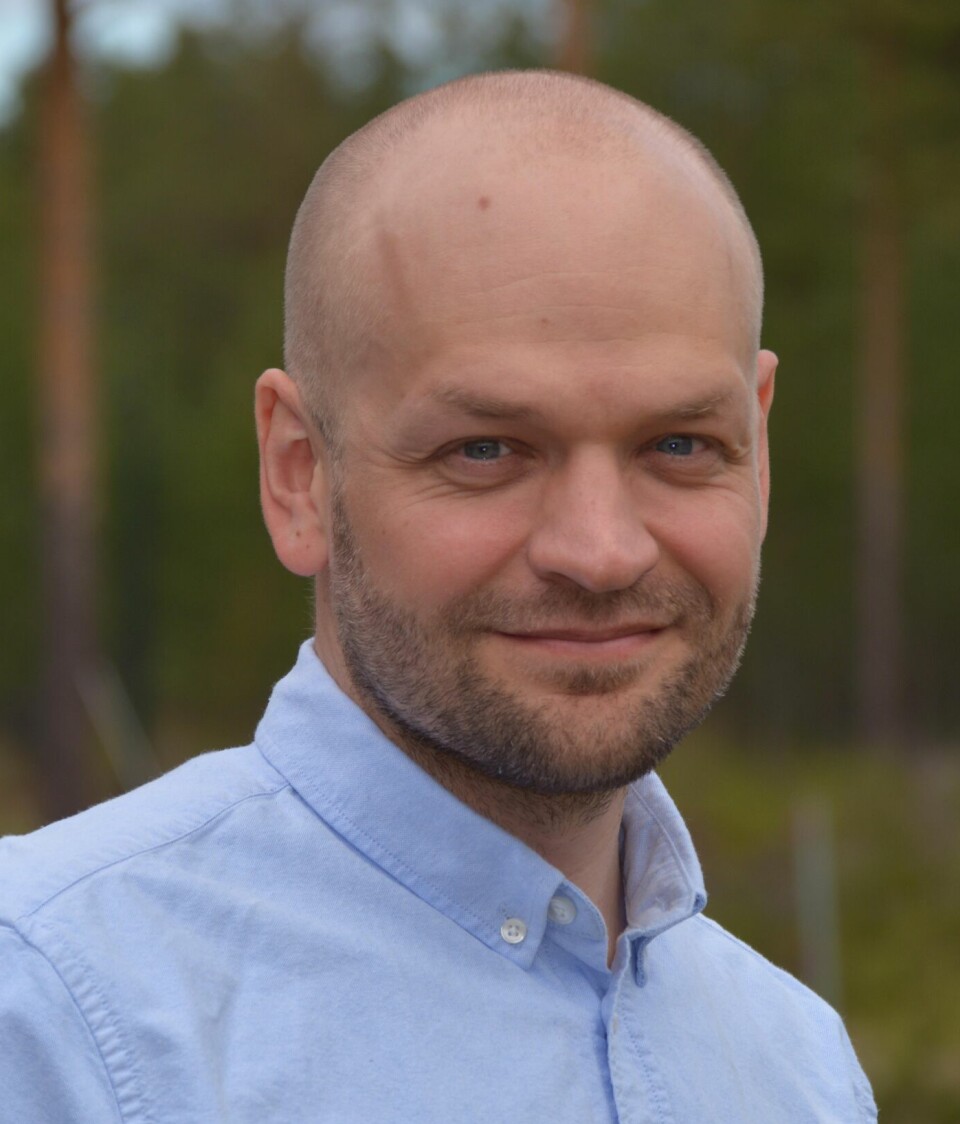
Once a day, the patients sat in a circle and had to talk about what they felt and where in the body the feeling was, he says.
“One of the patients asked if the therapist could explain how that could help us get better. We never got a convincing explanation for that,” says Wollebæk.
Concerned with both
Pål Ulvenes, the head of department at Modum Bad, agrees that mental health treatment is often about improving symptoms and less about improving the patient's quality of life. But he disagrees that Modum Bad does not work holistically.
“We’re concerned with both. When our patients are discharged and give feedback on their treatment, we’re interested in more than just changes in symptoms. We also ask for their feedback on resilience, quality of life and loneliness,” he says.
Ulvenes believes that Modum Bad therapists offer varied treatment resources, even when they work intensively with the problems or challenges the patients have.
“Culture, nature and humanistic issues are central for Modum Bad. They are all therapeutic arenas. Patients have the opportunity to practise dealing with their ailments in all the situations they encounter throughout the day.”
Therapy only is a little too narrow

KariAnne Vrabel, the head of research at Modum Bad, tells about a randomized controlled study they recently carried out at the trauma clinic for patients with complex PTSD.
“The study results show that patients with particularly severe difficulties have only a very small change in PTSD symptoms after therapy. But in an additional qualitative study, the patients report that after finishing treatment they experience more meaning and a greater degree of inner connection in their lives. These are qualities that aren’t so easy to pick up on if you only focus on changes in symptoms,” she says.
An emerging discussion at Modum Bad is that thinking about talk therapy as the only psychological process to promote change is too narrow a focus,” Vrabel says.
“In a new study, we plan to study families who are struggling with finances, housing and other issues in their lives. We want to investigate how much of a role psychological processes play and how much their problems are due to socio-economic conditions. Maybe a struggling couple should get help with debt counselling instead of therapy for a little while.”
Gazing outward, not inward
Wollebæk, who has stopped therapy, believes it is better for him to look outward than inward.
“I don't think the path to good mental health is to cultivate our own suffering.”
“You can become really self-absorbed. I believe in forcing myself to look outward and do things that are meaningful. It’s good medicine for my self-esteem when I feel that I matter to others. And self-esteem is probably what the vast majority of us with mental disorders struggle with,” Wollebæk says.
———
Read the Norwegian version of this article on forskning.no









